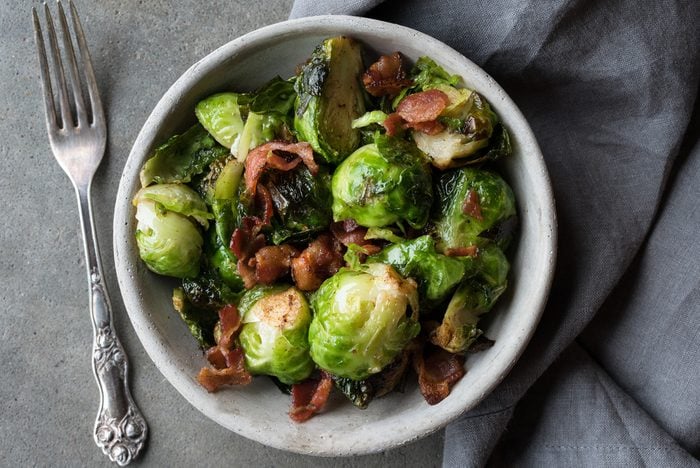
In your 20s: Hone healthy habits
Your 20s are a tumultuous time that some even consider the toughest decade of their lives, the Guardian reports. Although this age can be challenging, it’s the optimal time to set yourself up for future health and nutrition success, according to Malina Linkas Malkani, MS, RDN, CDN. It’s best to be proactive and establish a healthy lifestyle at a younger age than it is to grapple with the consequences of unhealthy eating and living later in life, Malkani says. “Consequently, the top three ways to set yourself up for life-long optimal health during your 20s are learning how to cook healthy meals you enjoy, establishing a routine of regular grocery shopping and meal planning, and building a variety of fruits and vegetables into your daily diet,” Malkani says.

In your 20s: Stockpile the calcium
The older people get the harder it is for the body to absorb calcium from the foods they eat, according to Alyssa Ardolino, RD, Nutrition Communications Coordinator, International Food Information Council. Peak calcium absorption is thorough to take place during adolescence and our 20s, which can improve bone mass and amy decrease the risk for osteoporosis later in life, she says.
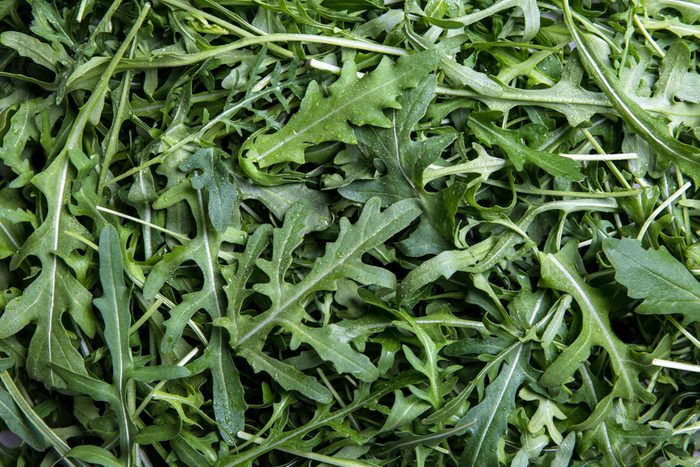
In your 20s and 30s: Focus on folate
If you are a female who plans on having children during your 20s or 30s it is key to eat for optimal fertility, Malkani, creator of the Wholitarian™ Lifestyle says. Eating a healthy, appropriate diet prepares the body for pregnancy. Malkani has a few nutritional recommendations including maintaining a healthy bodyweight, limiting alcohol, and avoiding cigarettes. Another specific tip from Malkani is to meet the recommended dietary allowance for folate (400 mcg per day). Ardolino adds that folate-rich foods like leafy greens, asparagus, and fortified grains may decrease the risk of having a baby born with neural tube defects—and it’s best to build up your folate stores in advance.
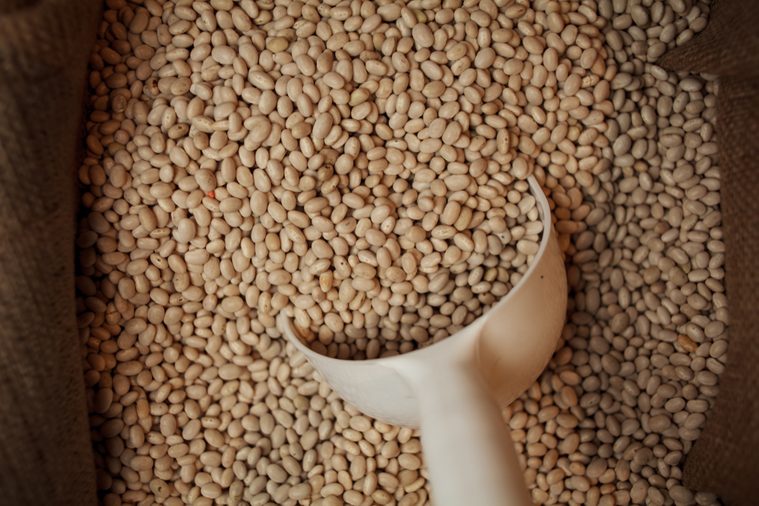
In your 20s and 30s: Eat more iron
Iron is vital to the transport of oxygen to the tissues in your body, Ardolino says. Making sure you eat enough iron is especially important for people who are menstruating or pregnant. According to What to Expect, iron is one of the minerals fetuses will “take” from you—and expectant women with too little iron at the start of pregnancy can be at risk for anemia during pregnancy and afterward.
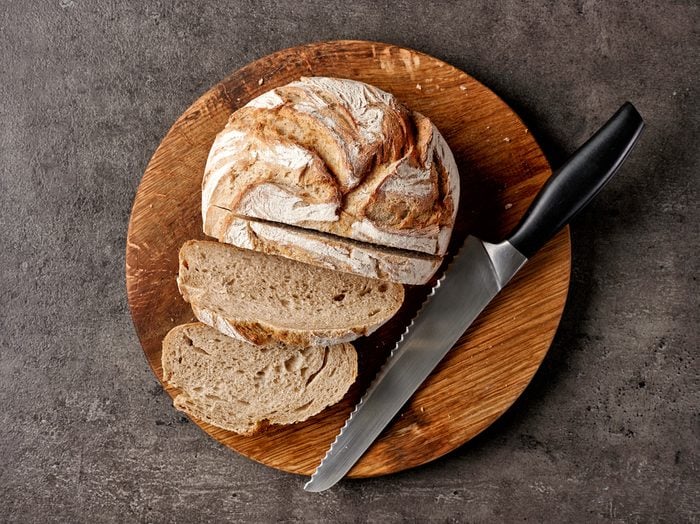
In your 40s: Prepare for metabolism changes
According to Malkani, the metabolism changes as people age—especially in later decades—start in your 40s. “Daily calorie requirements decrease by about one percent [per decade],” Malkani says. “To prevent slow, steady weight gain throughout these later decades, it’s important to cut about 100 calories per day, or the amount generally found in one slice of bread.”
An Obesity Doctor Reveals the Groundbreaking Truth About the Effect of Aging on Your Metabolism
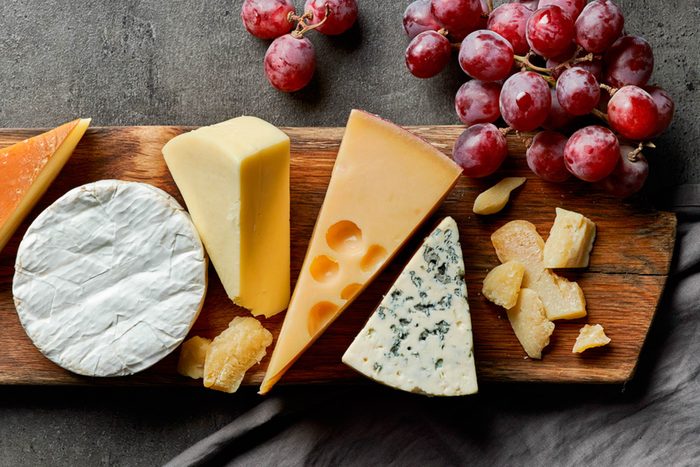
In your 40s and 50s: Keep watching calcium intake
The closer to menopause you are the more bone loss becomes a concern, as women lose roughly three to five percent of bone mass per year after menopause, according to Malkani. Thanks to a decline in bone-building estrogen, it is harder for the body to absorb more calcium, Malkani adds. So now is the time to double down on your calcium intake. “It’s more important than ever to regularly participate in weight-bearing exercise; include food sources of calcium in the diet like milk, soy milk, yogurt, cheese, and low-oxalate green leafy vegetables; and keep vitamin D status within a normal range,” Malkani says.
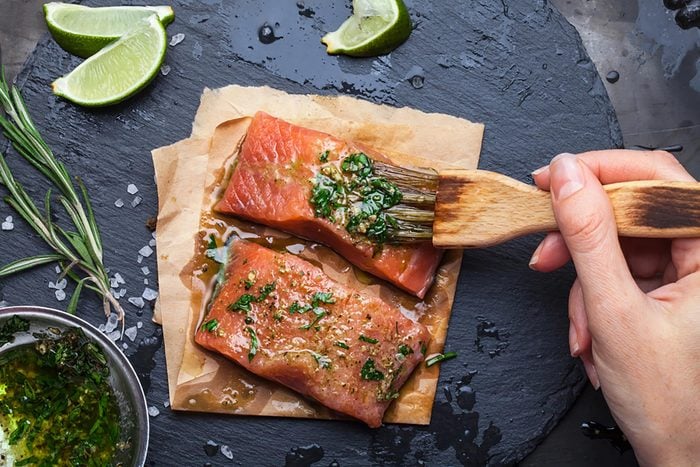
In your 50s: Focus on protein and vitamin D
In addition to a decreased metabolic rate and possible bone loss, women experiencing hormonal changes are at risk of losing muscle mass. To protect themselves is a real balancing act. Malkani says women should meet the increased requirements for vitamin D (600 IU per day), calcium (1200 mg per day), and protein (roughly 1g per pound of body weight) while staying within calorie requirements to prevent weight gain.
Here’s How Much Protein You Really Need in a Day, with a Kidney Doctor’s Wisdom
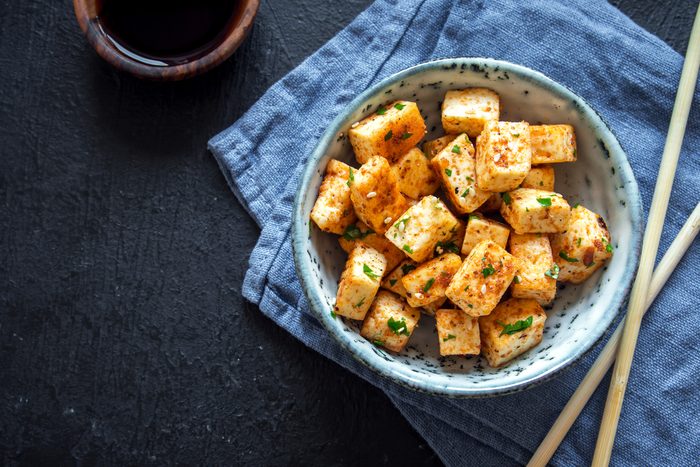
In your 50s: Determine new iron needs
Folate and iron needs drop after menopause, so Malkani recommends checking in with a registered dietitian who can help make the appropriate recommendations when it comes to diet and potential supplements.
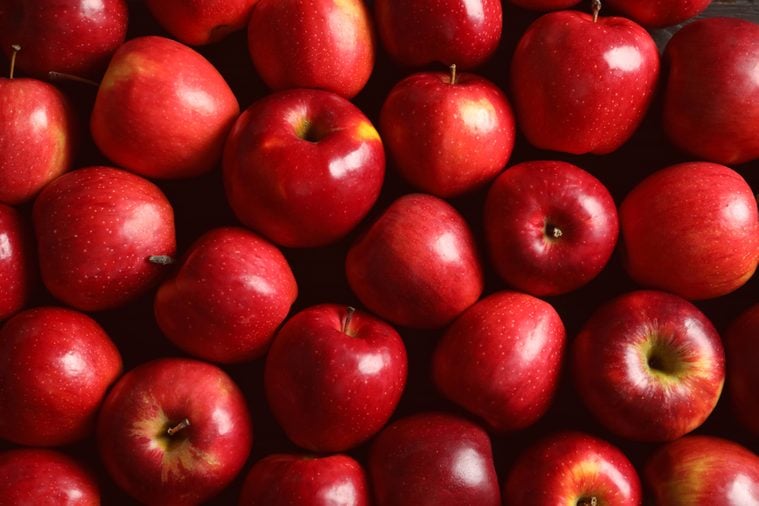
In your 60s: Get in your fiber
Adequate fiber intake is important during all stages of life, but Ardolino says it is increasingly essential for those at risk of a cardiovascular event—like people in their 60s. “Fiber helps lower cholesterol and improve digestion, so it should be regularly included in your diet,” Ardolino says. “Americans eat only about half of the daily recommended amount of fiber.” The suggested intake is between 25 and 30 grams a day from food, per the University of California.
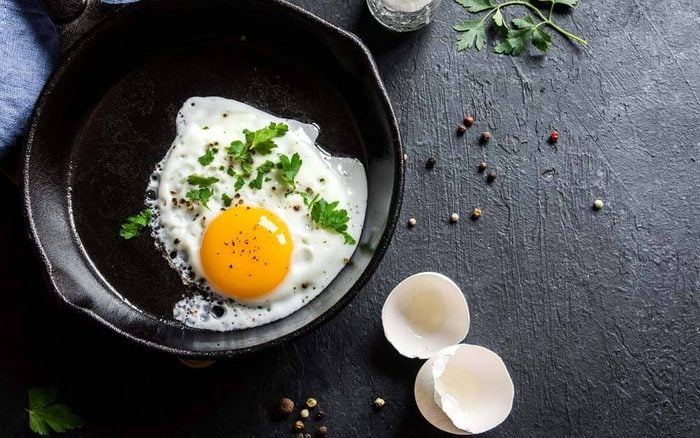
In your 70s: Keep up with plenty of vitamin D
Ardolino says vitamin D is an under-consumed nutrient for the elderly. This is a problem, as after age 70, vitamin D needs jump from 15 to 20 micrograms per day, she adds. People need more vitamin D as they age because the skin doesn’t synthesize it as efficiently, people spend more time indoors, and we tend to eat less as we age, according to Ardolino.
Dietitians Just Shared 6 Tips to Help Your Gut Absorb Vitamin D
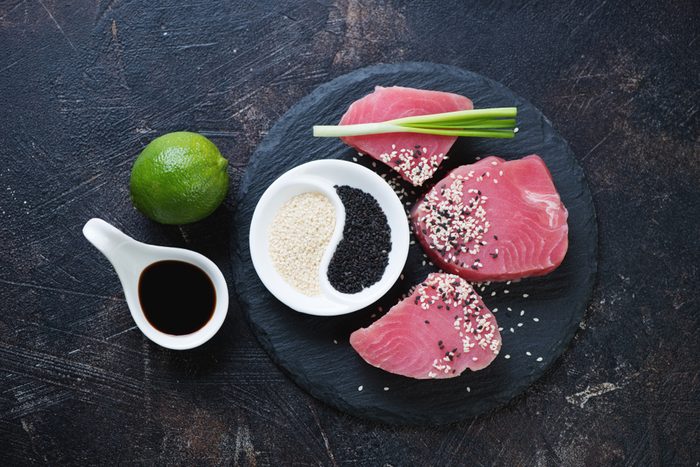
In your 80s: Fill your plate with Omega-3-rich foods
In addition to more vitamin D, protein, calcium, and fiber, people in their 80s should also focus on eating enough Omega-3 fatty acids, SF Gate reports. This essential nutrient is in fatty fish like salmon and tuna. Consuming enough Omega-3 fatty acids could reduce the risk of heart disease, high blood pressure, high cholesterol, and cognitive decline, per SF Gate and research confirms this.
